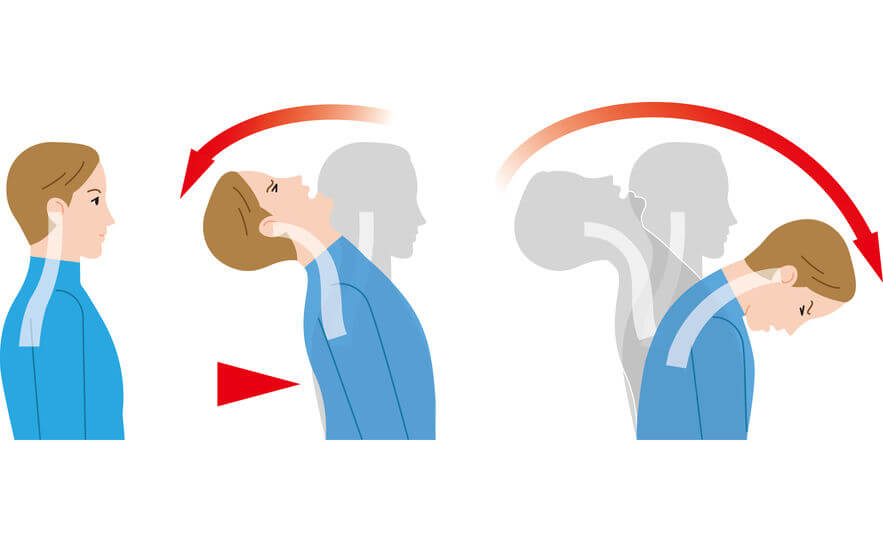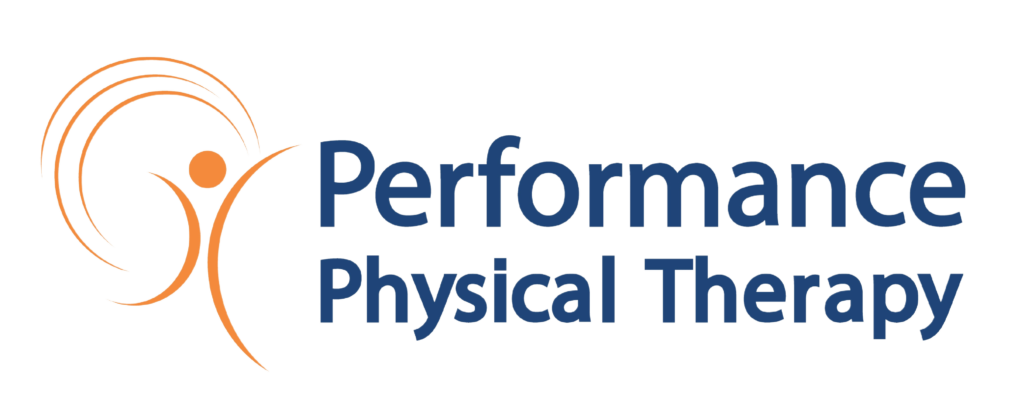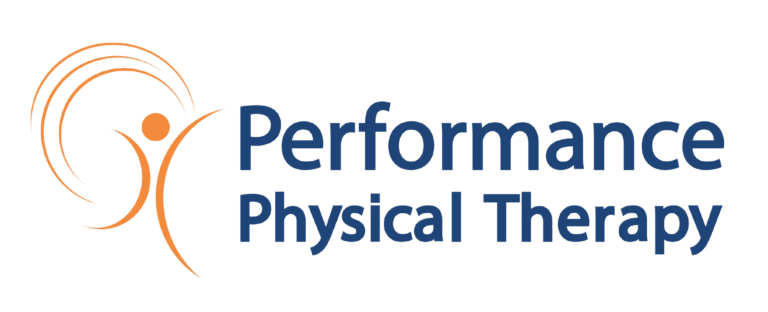What To Expect Physically After a Car Accident

During a high-impact car accident, the human body is not designed to handle the tremendous amount of force and physical impact it absorbs. You’ll likely have bodily aches and pains after a collision, no matter how minor the accident was, how safe the car was, or how tightly the seat belt was fastened. Car accidents frequently result in major injuries that result in severe pain, debility, and months of recovery time. You can be injured in an accident in a variety of ways, including:
- Being thrown forward and backward
- Being thrown against the dashboard of the car
- Being thrown out of the car
- Being jerked sideways against the windshield
- Being hit by flying debris or loose objects
One of the dangers of car accidents is that the signs and symptoms may not show straight away. That’s why it’s critical to understand what to expect in terms of physical impact and symptoms following a collision, as well as what to do next. Continue reading to find out more.
HOW TO TAKE CARE OF YOUR PHYSICAL HEALTH AFTER A CAR ACCIDENT
After a high-impact accident, you should expect to be painful and achy. However, it’s critical that you identify between minor bumps and bruises and more serious physical injuries that require medical attention. Even mild injuries, if left untreated, can worsen over time, resulting in long-term discomfort and disability.
Continue reading to learn about the physical symptoms you can experience following a car accident, as well as how to take care of yourself if they do.
SEEK IMMEDIATE CARE FOR SERIOUS SYMPTOMS
Some symptoms are more serious than others and require medical attention right away. Seek urgent medical treatment if you think you have a fracture, spinal cord injury, or a head injury.
One of the most common car accident injuries is a concussion, which is a mild traumatic brain injury. You may have a concussion if you lose consciousness (even for a few seconds), feel dizzy or disoriented, can’t remember what occurred, feel tired and lethargic, have trouble communicating or thinking properly, have a headache, or nausea and vomiting. Don’t put off getting medical help if you’ve had a concussion — if you’ve had a head injury, your doctor will need to test you to make sure you don’t have any life-threatening brain swelling or bleeding.
EXPECT DELAYED PAIN AND SYMPTOMS
Many injuries, such as whiplash, concussions, soft tissue injuries, and spinal injury, don’t show up until hours or days after the accident. Your body experiences an adrenaline rush during a car collision, which can mask pain and other symptoms, leading you to feel you aren’t injured. Even if you don’t have any visible injuries right after an accident, keep an eye out for symptoms in the days and weeks ahead.
DON’T IGNORE MINOR ACHES AND PAIN
Any aches, pains, twinges, or abnormal feelings you get in the days and weeks after a car accident should be addressed carefully. Make an appointment to see a doctor and be checked out at the first indication of any discomfort or symptoms. Unfortunately, many people dismiss neck or back pain as a minor injury that will resolve on its own. That isn’t always the case, though.
Even mild pain can indicate a serious injury that needs medical treatment. For example:
- Neck pain could be a sign of whiplash, a herniated disc, a joint injury or a pinched nerve
- Low back pain could be a sign of a herniated disc, a joint injury, a pinched nerve or a compression fracture
- Headaches could be a sign of whiplash, soft tissue strain or a concussion
If you don’t seek an evaluation and treatment as soon as possible, your injury may worsen and take longer to heal.
FIND THE RIGHT MEDICAL PROVIDER
Following a car accident, find a medical provider who has experience treating common car crash injuries.
These experts will be able to provide you the advice you need to get your body back on track quickly.
The most important aspect of your treatment is ensuring that your physical therapist and doctor work to create a comprehensive treatment plan suited to your injuries, body, and medical history.
At Performance Physical Therapy, your Doctor of PT will provide you with an individualized treatment plan to help you heal and recover as swiftly and safely as possible. Call us today!

